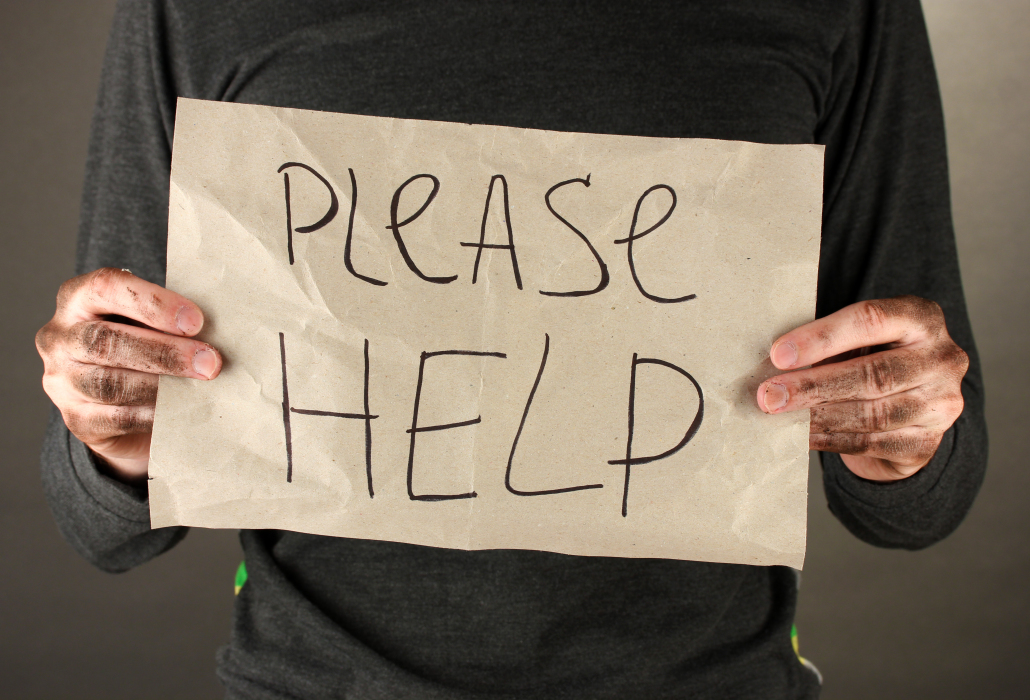By Lacey Filipich BEng(Hons) MAICD
Imagine you’re a low-income earner and you’re in debt. Your debt is high enough proportional to your wage that you’re effectively bankrupt, and hence can’t even access your bank accounts. You have no savings and no property. You’re probably relying on your family and friends to feed and clothe you, or whatever meagre amount is left over from your pay after debt deductions. Or perhaps you rely on government welfare. Sounds rather miserable, doesn’t it.
Now, imagine a magic fairy came along and offered to wipe out all your debt. You could access your bank accounts again and keep all your salary (after tax). Sounds pretty damn good, doesn’t it.
Would you say yes?
The Croatian Offer
In February 2015, Croatians in this situation can apply to the government to have their debt wiped via the ‘Fresh Start’ scheme. To be eligible, an individual must:
- Have a monthly income of less than 1,250 kuna (for reference, the average gross wage is just under 8,000 kuna).
- Have a debt less than 35,000 kuna (28 times the monthly wage cut off).
- Own no property.
- Have no savings.
If their application is successful, the government will pay off their debt.
This is a minor chunk of overall debt – estimates are that between 1 and 7% of the approximately 30 billion kuna national debt will be wiped by the ‘Fresh Start’ scheme, costing between 210 million and 2.1 billion kuna. However, it has the potential to impact 20% of those in the worst situations (60,000 of the 317,000 debtors). The opportunity for social benefit is huge, not least by reducing the load on the government to support those debtors who can’t support themselves.
As far as the media is reporting, there is no precedent for this offer. It’s likely a world-first.
But is it a good thing?
I’m sure 60,000 Croatians think it’s fabulous!
What if Australia wanted to implement a similar measure? As a tax-payer, how would you feel?
From a purely financial perspective, it makes sense. Pay off the debt, stop paying interest, reduce the load on the welfare system. Big cost up front, bigger saving over time. It will, in the long run, be cheaper for the tax-payers who will eventually fund this scheme and make the lives of 60,000 people easier. From that angle, I’m for it. But…
I struggle with the ethics.
An individual who racks up a debt 28 times their monthly wage (to take the extreme case) is asking for trouble. Sure, there will be people who had the debt when they earned more money, lost their jobs and are either now unemployed or working for a pittance. A combination of poor planning and bad luck, but something that could happen to any of us. Then there will be those who could never have afforded that level of debt but spent the money anyway. Those that spent irresponsibly (or out of sheer ignorance) and have no one to blame but themselves.
What happens when you wipe out the debt of that second group, the irresponsible spenders?
Do you send a message that it’s OK to amass bad debt you can’t pay off?
Do you send a message that the government will save you if you can’t save yourself?
Tough call. Glad I don’t have to make it!
Caveats to Consider
To have a sustainable result, this will only work if those 60,000 people don’t amass more debt in the next few years. I imagine that won’t be a problem for most – having had the experience of being destitute and the overwhelming feeling of debt crushing the life out of you is not something many people would sign up for a second time. But for those who spend and borrow irresponsibly, there must be repercussions if they repeat their folly.
Some kind of commitment to not borrow again, or a black mark on their credit rating that prohibits their ability to borrow, would ensure they couldn’t make the same mistake.
A clause stating a person can’t apply for the scheme, or any similar one, again in their lifetime would remove the safety blanket of ‘the government will just bail me out’.
And finally, perhaps excluding anyone who’s been bankrupt before will weed out those with long term detrimental spending and borrowing habits.
What do you think?
This is a bold move, and one that we can all thank the Croatians for, if only for their willingness to be a world-first and therefore take all the risk. Only time will tell how successful this scheme will be.
What’s your opinion?
- Do you think it’s the right thing to do?
- Should they go further, and pay off the debts of another chunk of the 317,000 debtors?
- Is it too risky – does it send the wrong message?
- Should your home country consider a similar scheme (…if you’re not Croatian)?
Please leave your comments below. I’m really looking forward to hearing your thoughts!
What comes next?
Download our Free Financial Resources
Find the right Money School Course for you
Get the Book: Money School, Become Financially Independent and Reclaim Your Life, Lacey Filipich
Got a question: Contact Us
Lacey Filipich is the co-founder and director of Money School. She helps parents raise financially savvy kids and helps adults get on top of their finances. Connect with her on LinkedIn and follow Money School Facebook to learn more.



